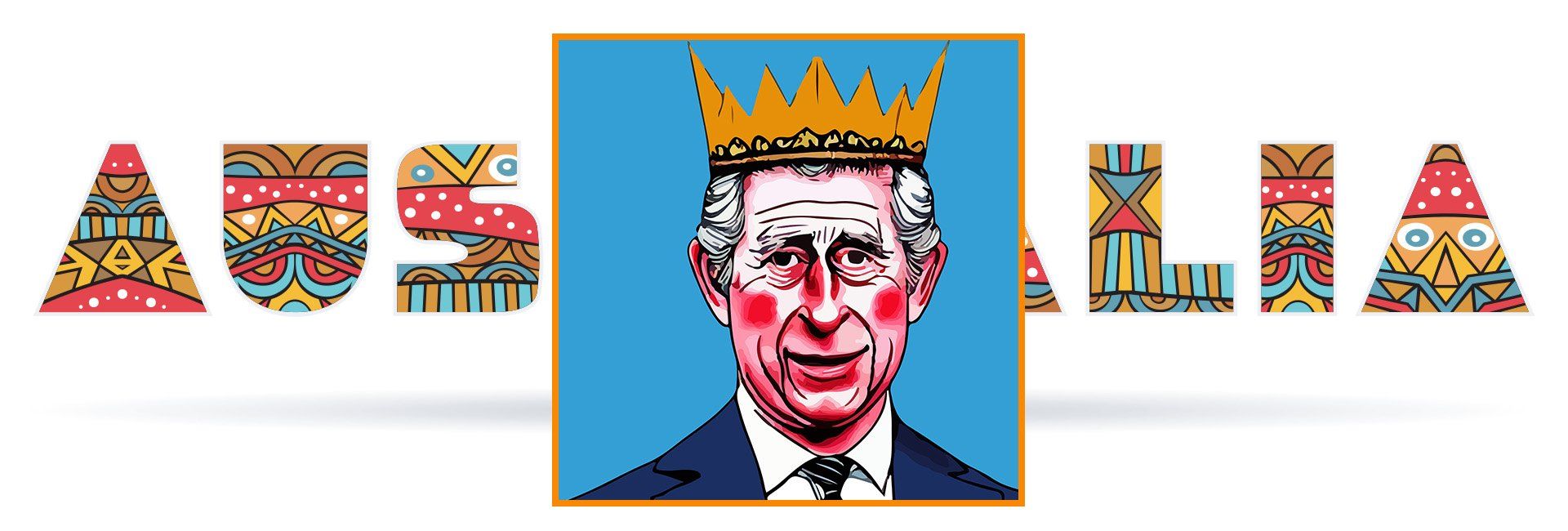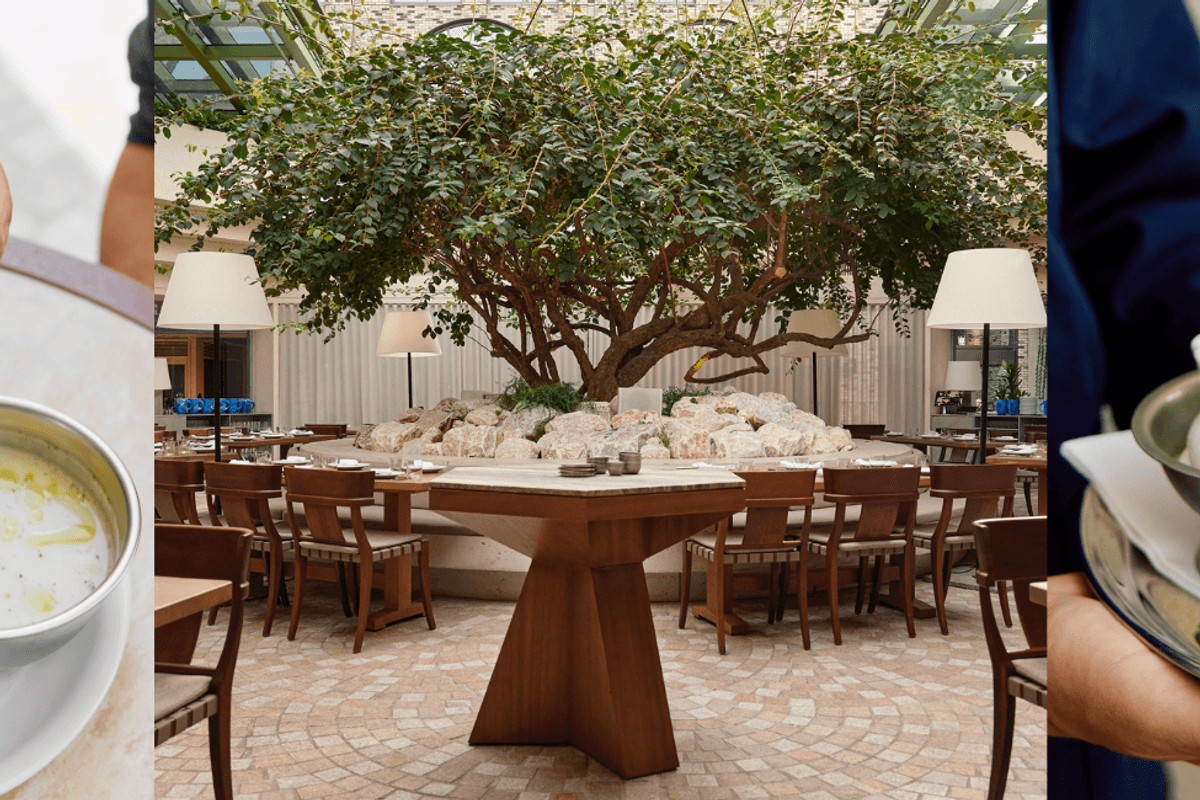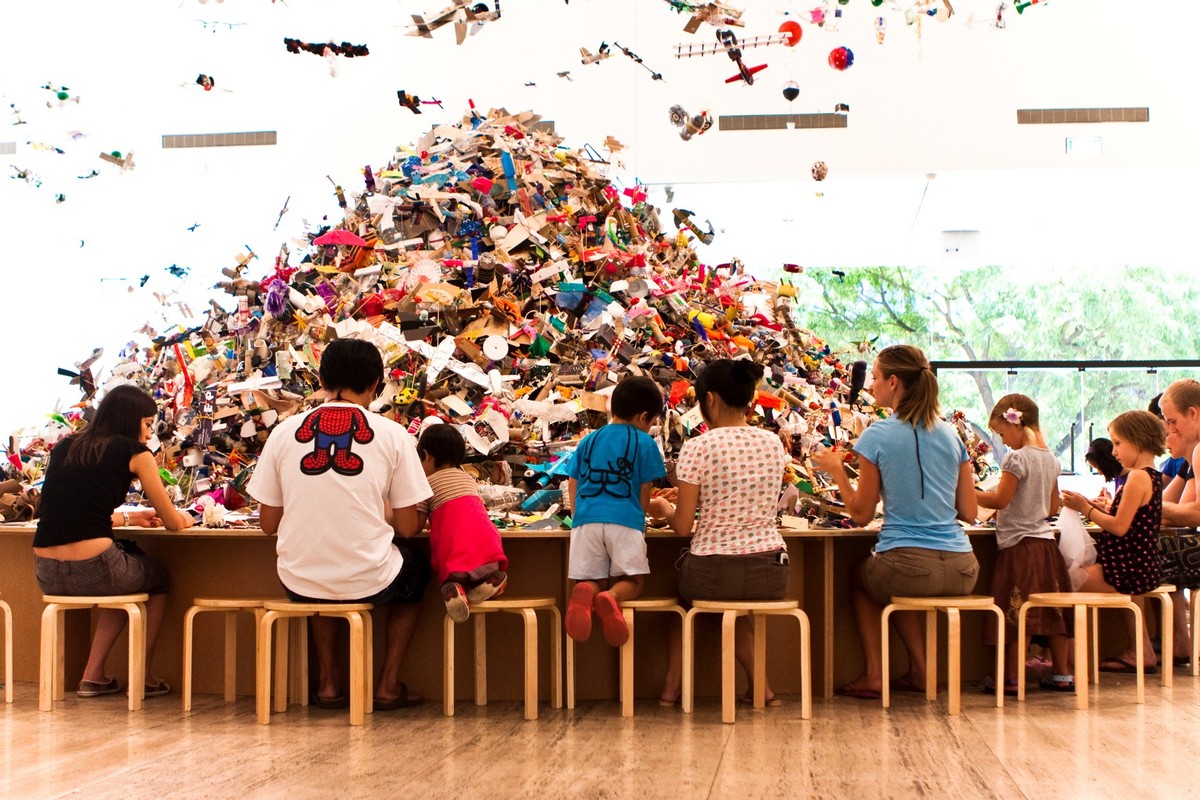The weekend pageantry of King Charles III’s coronation reignited republican conversations in Australia, so, it was surprising to hear a prominent republican argue Australia must go back before we can move forward towards a republic.
“There’s a very strong argument that Australia is ready now [for a republic],” Craig Foster, co-chair of the Australian Republican Movement said, but warned we must get the sequencing right. He was speaking at “The Case for a Republic”, a UNSW Centre for Ideas panel discussion on Monday evening, alongside Professor Megan Davis, First Nations activist and Pro Vice-Chancellor, Society at UNSW Sydney and Nyadol Nyuon, director of Victoria University’s Sir Zelman Cowan Centre.
Nyuon said Australia's link to the monarchy had "stopped us not only from engaging seriously [with] Indigenous history, but it also means we are unable to explore what it is to be a multicultural society.”
The sequencing Foster referred to was which referendum should come first: Indigenous recognition through the Voice, or the choice to become a republic. Prime Minister Anthony Albanese, who is a lifelong republican, has made the Voice his sole priority for constitutional change in his Government’s first term.
'As much as people want to argue about the symbolic importance of [the monarchy], it has tied us down as a country to defining who we are from a very narrow perspective.'
Davis, a co- author of the 2017 Uluru Statement from the Heart, argued the republic debate needed to wait until Australia has at least begun the process of recognition and reaching justice with its First Nations peoples.
"So, for us, the Voice [referendum] has to come first,” Davis said. “This referendum had to come before the republican referendum. It’s important, that sequencing, because you can’t just kick the can down the road in relation to the relationship with First Nations peoples with the rest of the nation.”
Davis said many Indigenous Australians had not supported the 1999 republic referendum “because people felt we didn’t need a significant shift in sovereignty”.
"We hadn’t actually contemplated the original grievance: that is to say, the position and role of Aboriginal and Torres Strait Islander people in the Australian state,” she said.
To push for a republic referendum now, ahead of the outcome of The Voice referendum, could reduce the republic’s importance in the eyes of Indigenous communities, just as it did in the failed 1999 referendum, she said.
Foster agreed, acknowledging the missteps of the 1999 referendum in failing to include First Nations peoples in the debate and model of a future republic. He called for unity between the two sides for the good of Australia’s progress on both issues.
"I think the sequencing is right, and we have to go back in history and heal the wounds before we can move forward together," he said. "Republicans would look back with regret at ‘99, but there’s a very strong argument that Australia is ready now, and in many ways, perhaps wasn’t then.
"Our conversations about our history and with First Nations have evolved incredibly in the last 25 years, and that’s critically important,” he said. “We’re completely aligned there."
While significant steps have been taken in the consolidation of First Nations and republican perspectives, the panel also recognised that Australia's national identity has been influenced by lingering notions of white hegemony, facilitated by the country’s colonial past.
Nyuon, a staunch advocate of human rights and multiculturalism, said the republican movement provides the foundation for a crucial re-conceptualisation of what it means to be Australian. Doing so will allow the nation to embrace diversity, rather than the homogeneity of a monarchist system, she said.
“There’s always a return in some quarters of Australia back to the motherland, or a homeland,” she said. “That’s why I say that as much as people want to argue about the symbolic importance of it, I think it has tied us down as a country to defining who we are from a very narrow perspective."
"The question of the republic, in my view, is a question of redefining ‘who’ the people [are] because for a long time, ‘who’ the people in Australia has been seen predominantly from the perspective of one white Anglo-Saxon," she said. "The republican debate allows us to ask ourselves the question, ‘can that be broadened?’
"And I think it needs to be broadened: we can leave aside the multicultural community for a minute, but it must be broadened because of First Nations people, 60,000 years present in this country. So, we have to redefine who the people are," Nyuon said.
Depending on the outcome of the Voice referendum, and the potential proposal of a republican referendum, Australia may soon experience a period of profound socio-political transformation. While her concern is for the success of the Voice, Davis concurs and is optimistic about the potential for a future Australian republic.
"With the Voice referendum coming up, I think the conversation next about the republic is really exciting," Davis said. "It’s really exciting for the nation, and it’s really exciting in the same way that the Voice is."
For Davis, "it’s this optimistic, positive picture of who the nation is and can be in the future, and we go into the next phase for the republic referendum feeling the same way. How do we make social change? How do we nation build? The republic is the start of that conversation, once the Voice is settled."






